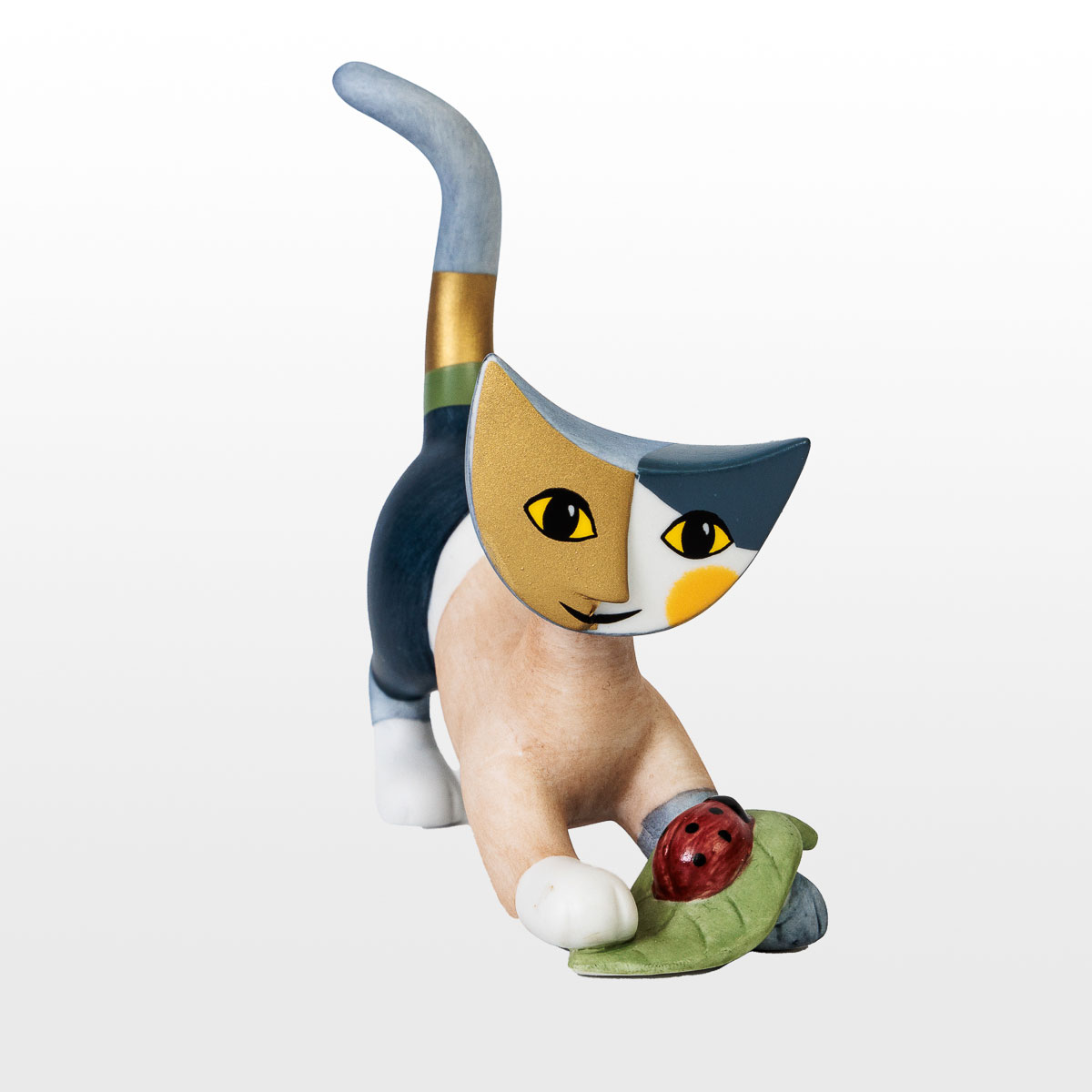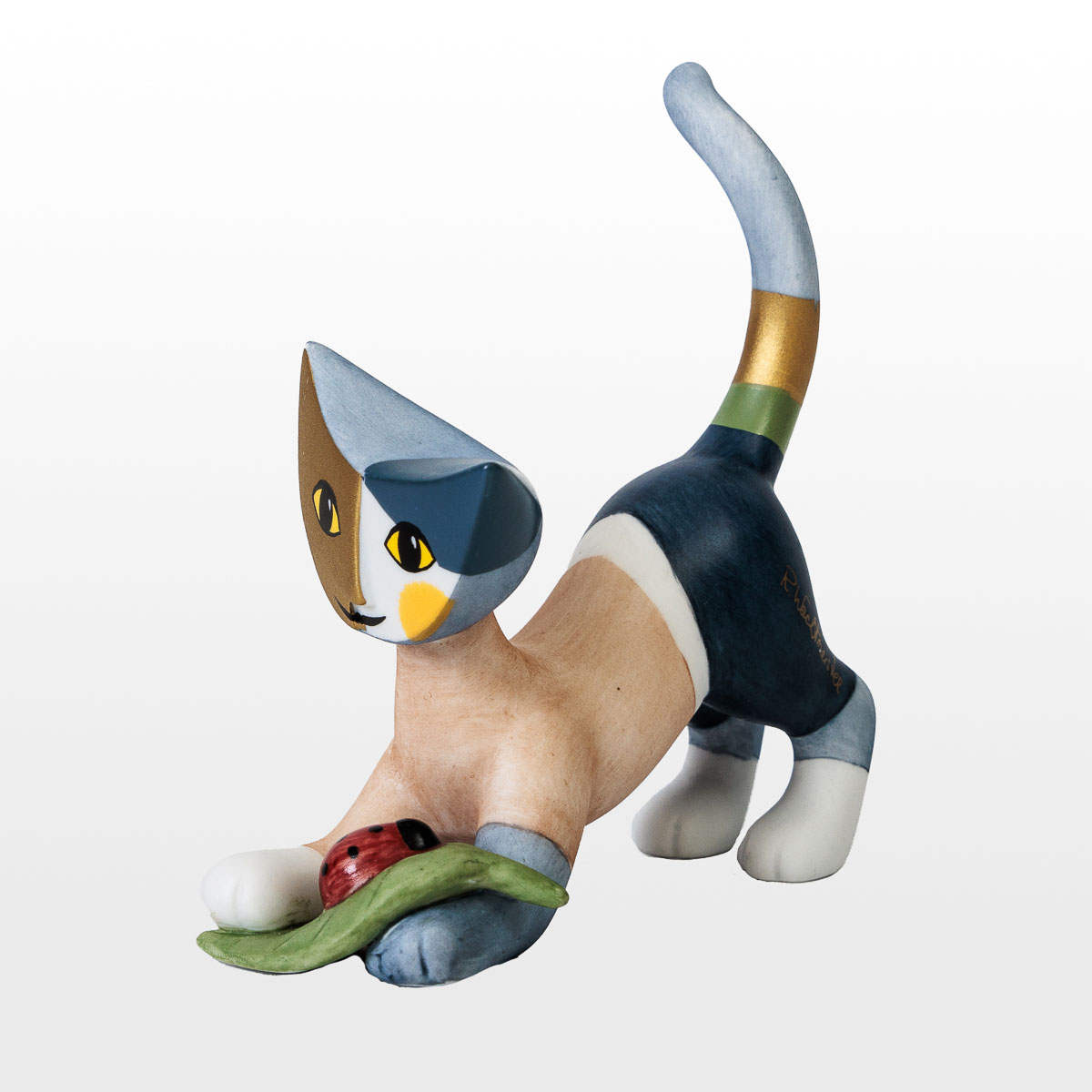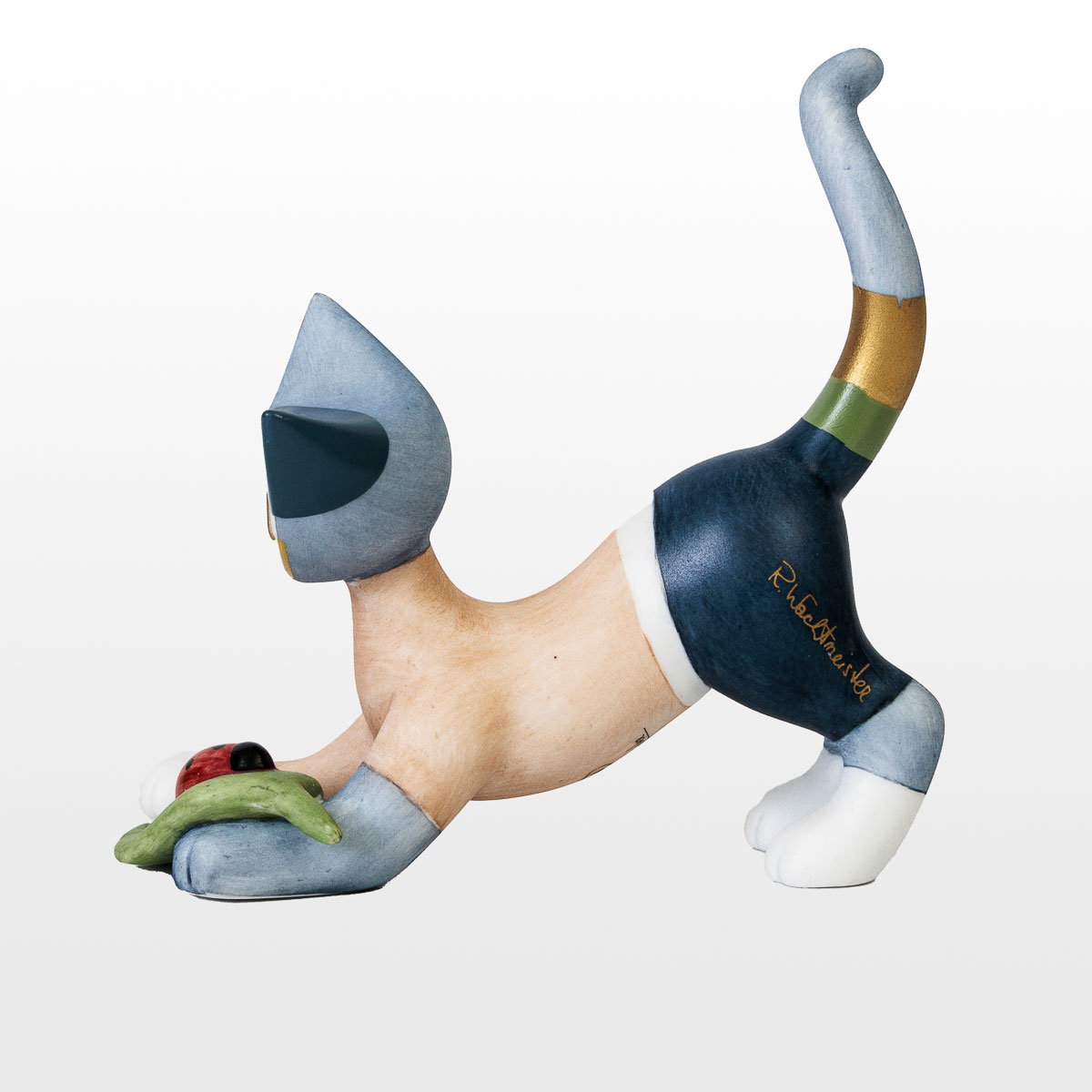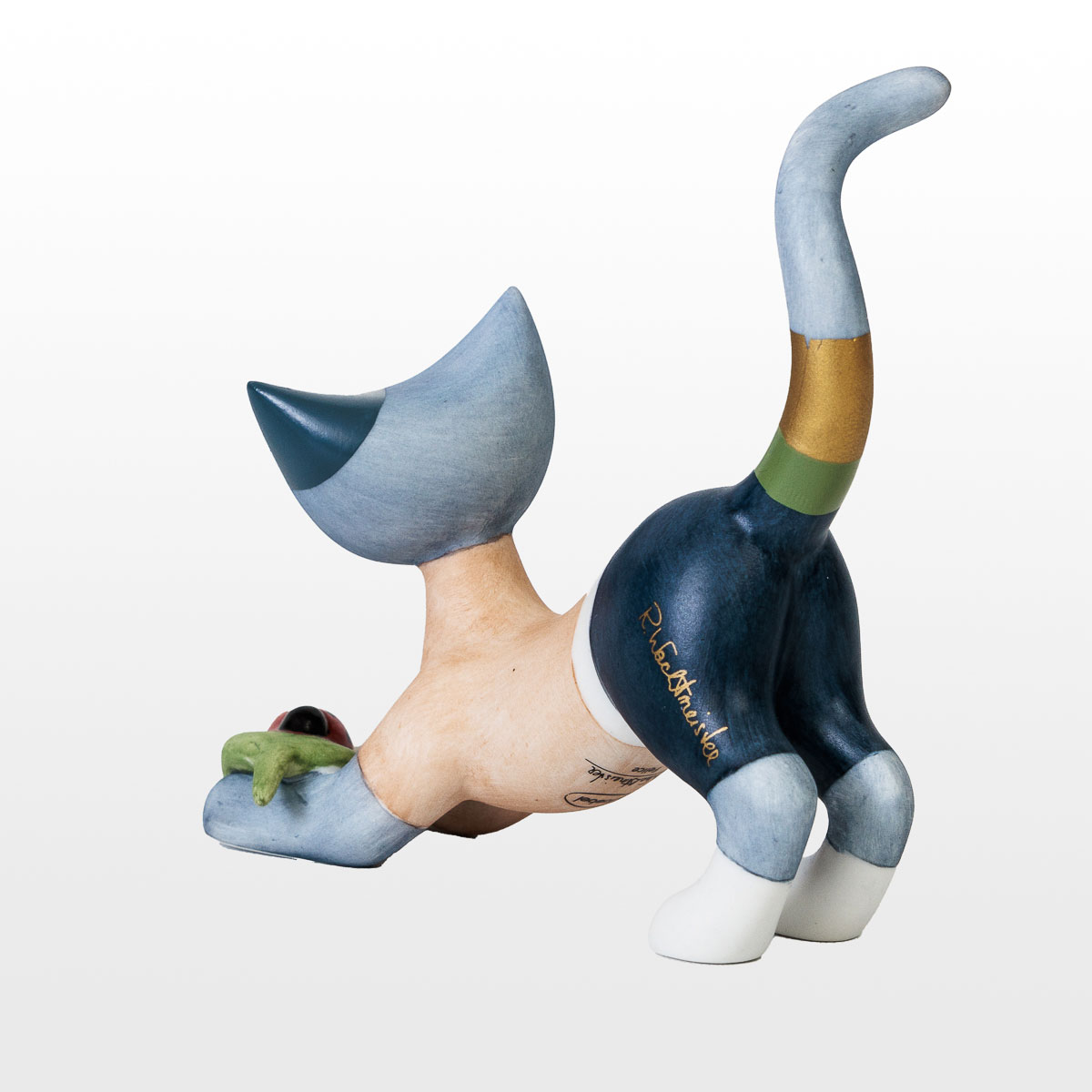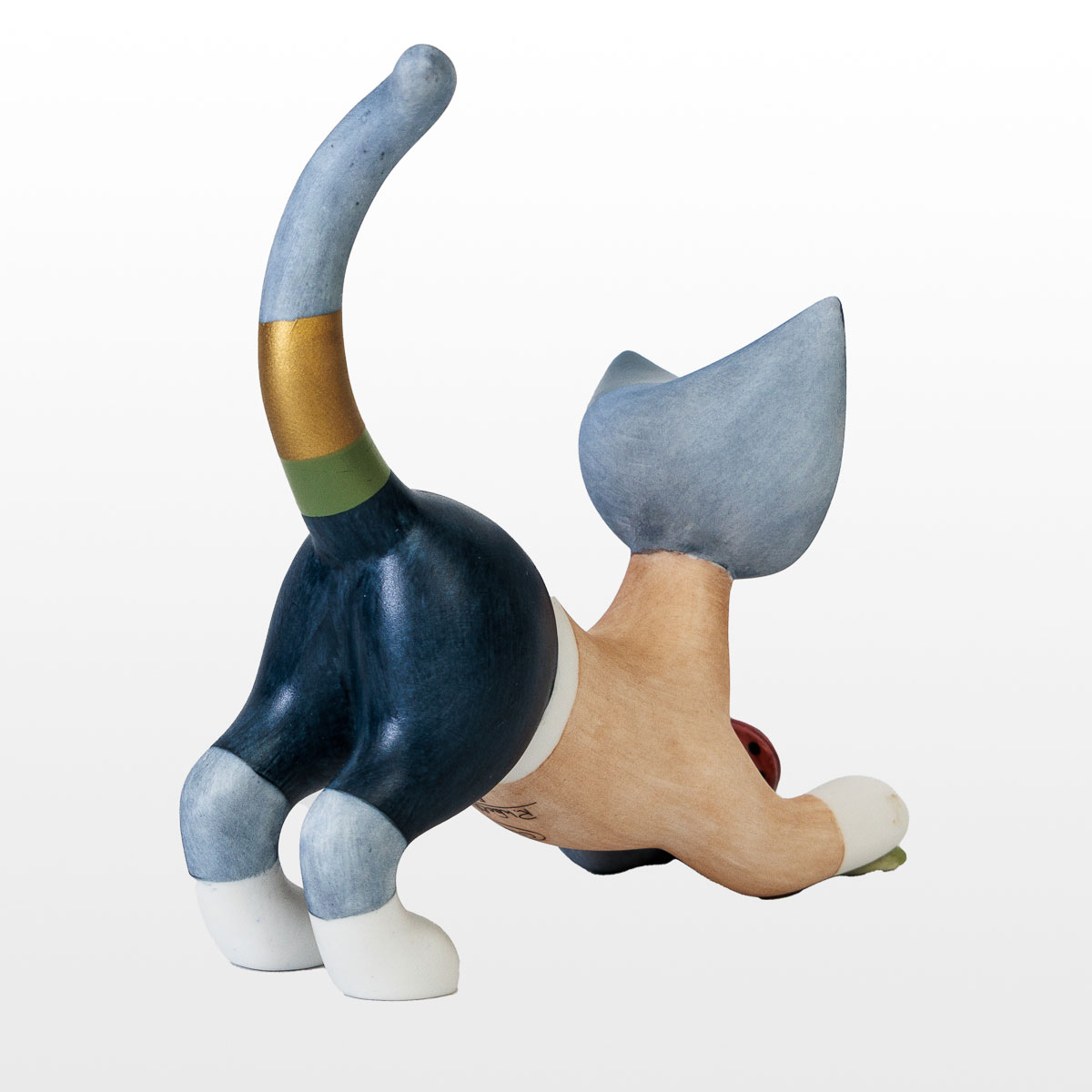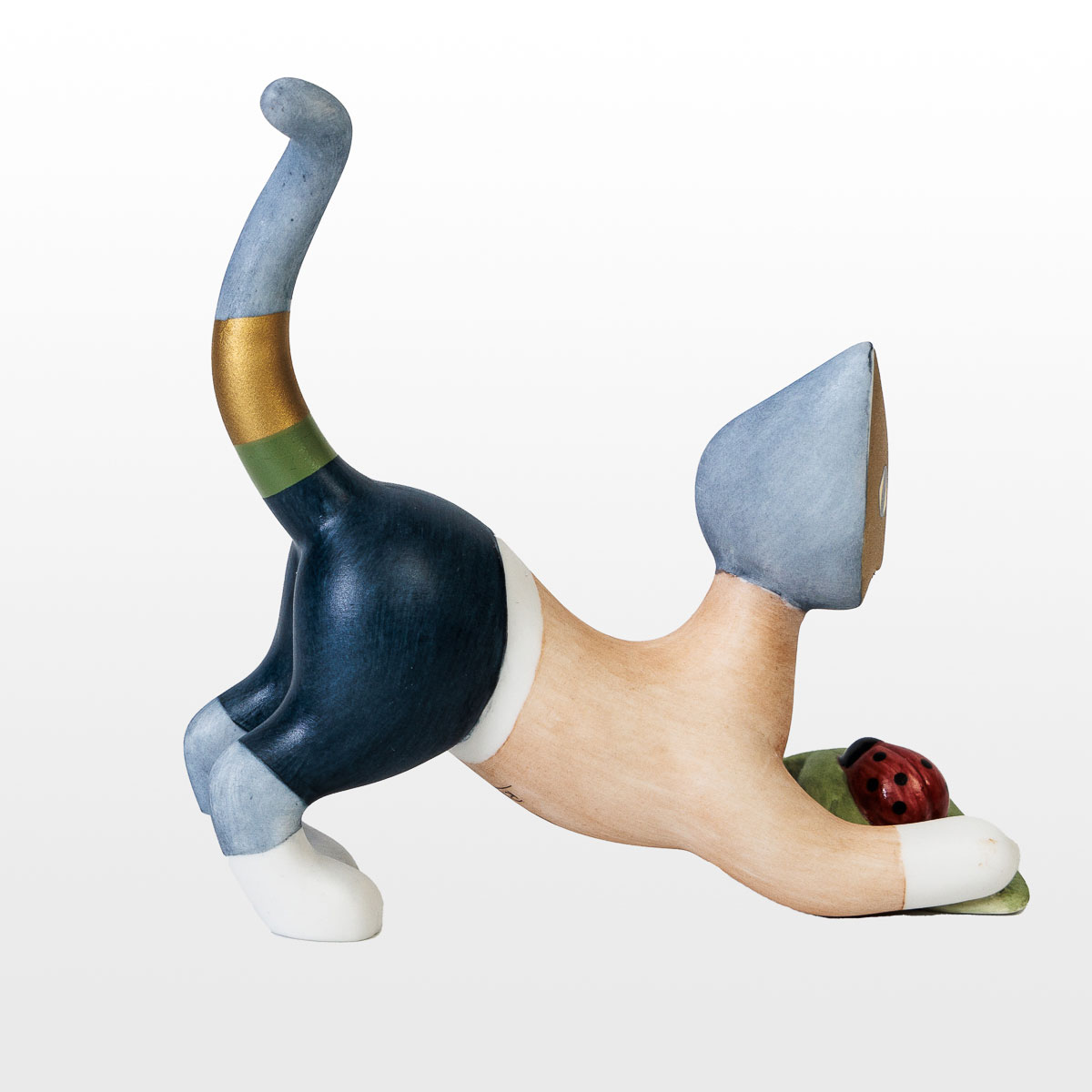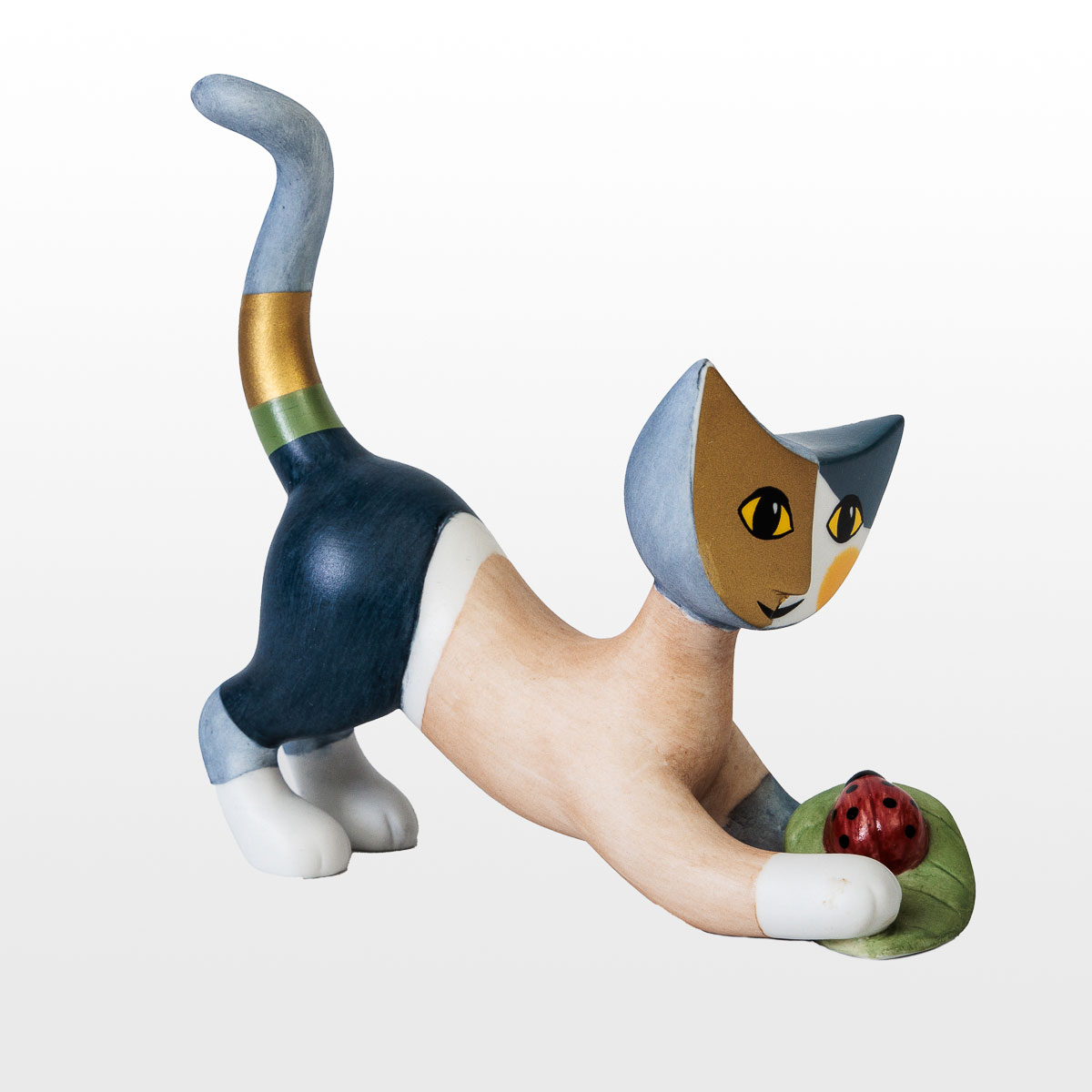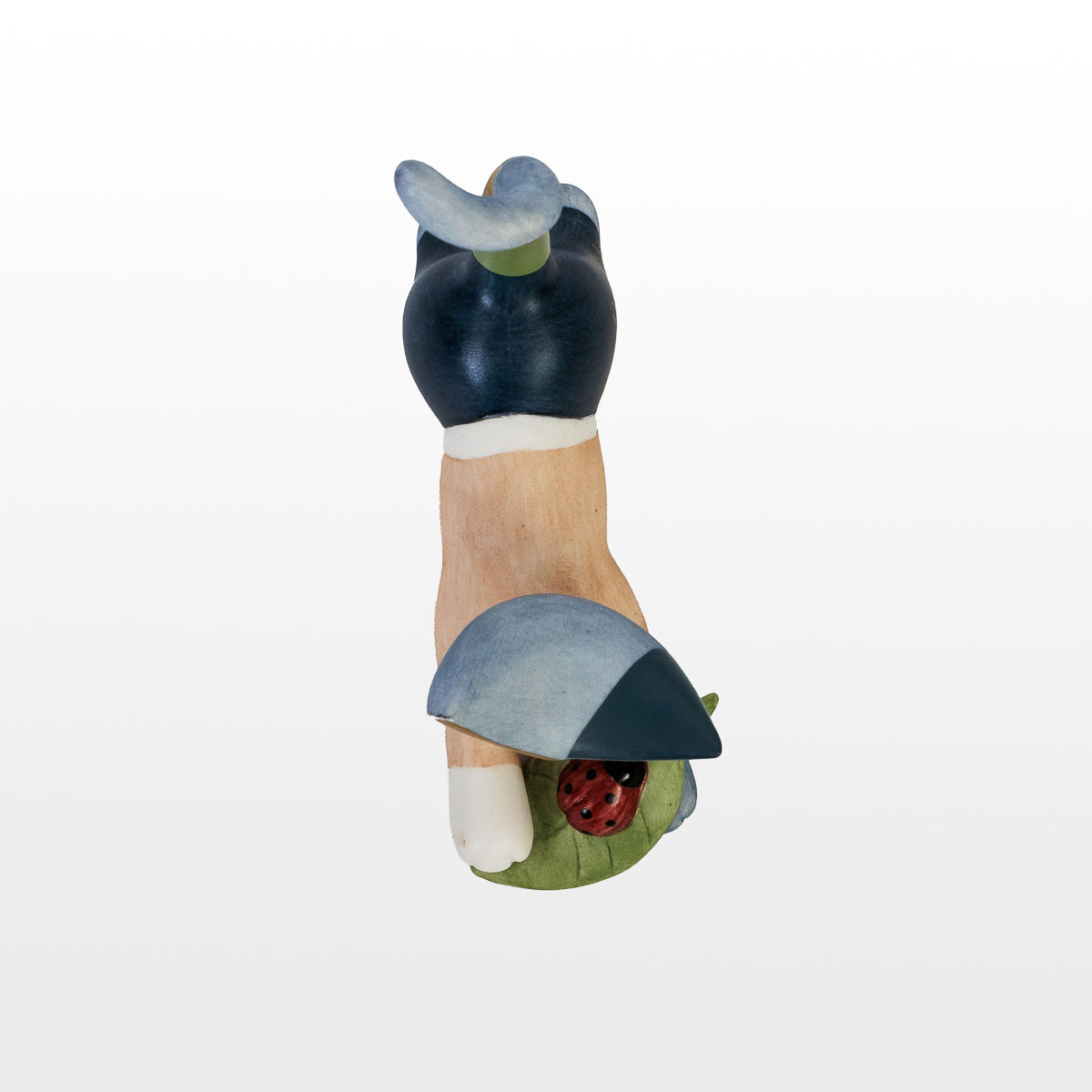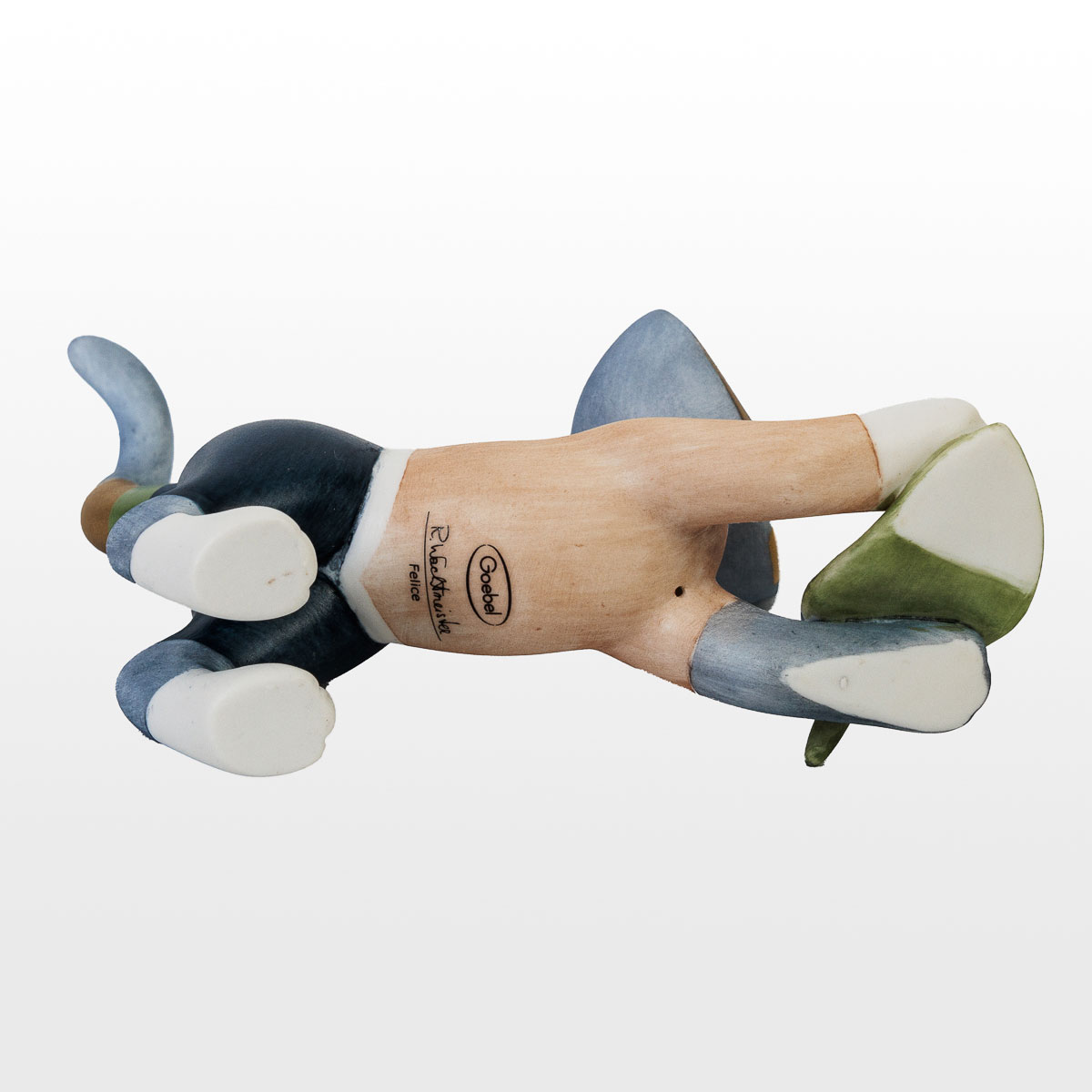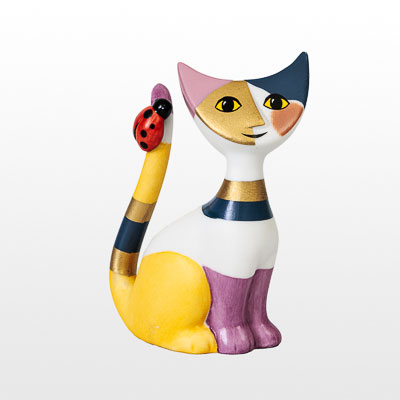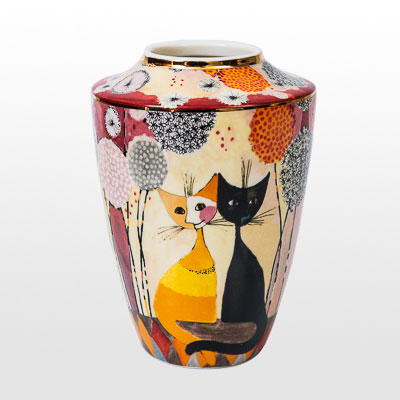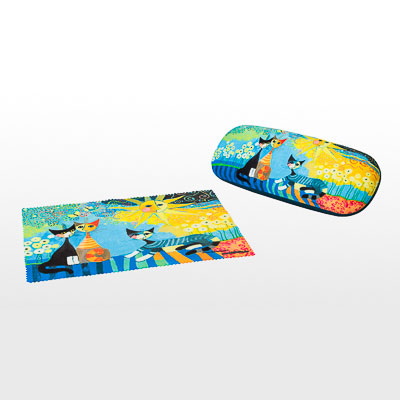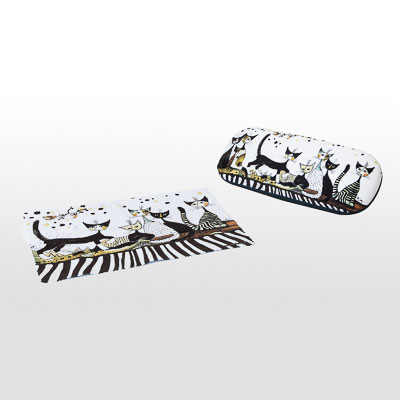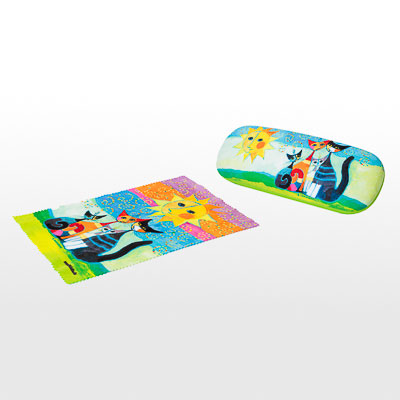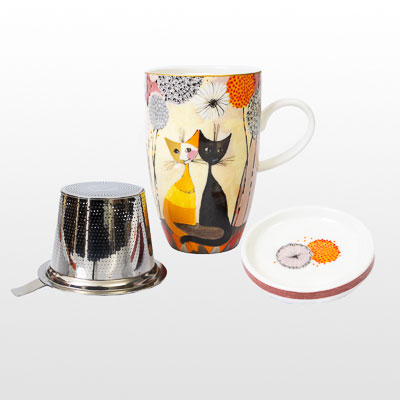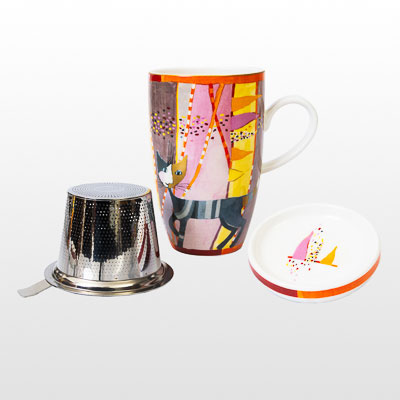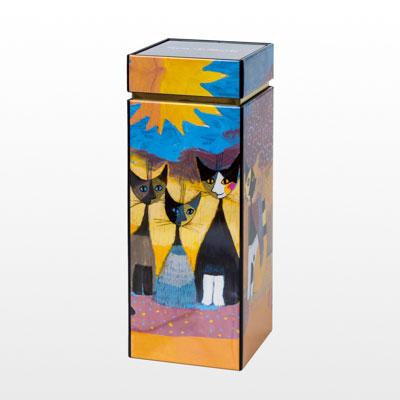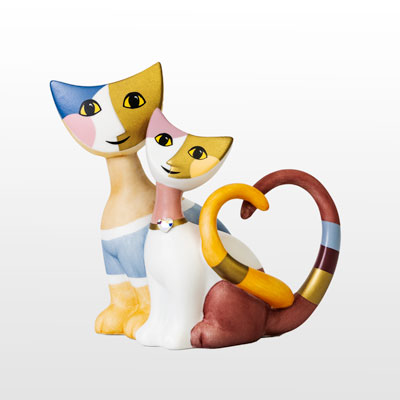Tel : (+33) 4 94 63 18 08
9am - 6pm from Monday to Sunday
Contemporary Art
Contemporary art is a term used to describe the body of artwork created after 1945, succeeding modern art in art history. This period encompasses a great diversity of styles, movements, and techniques, and contemporary artists have benefited from technological advancements such as photography, painting, screen printing, and digital technologies to create their works. One of the fundamental characteristics of contemporary art is that it is not limited to a specific medium. Artists use a variety of mediums, ranging from traditional painting and sculpture to installations, performances, videos, interactive art, sound art, digital art, and more. This freedom of choice in medium reflects the evolution of society and technology, as well as the questioning of artistic conventions. Contemporary art also stands out for its ability to question its era and disrupt traditional art codes. Contemporary artists often seek to challenge established norms, explore new ideas, provoke reflections, and evoke emotions. They frequently address social, political, cultural, and environmental issues, thus reflecting the concerns of their time. Various artistic movements and currents can be observed within contemporary art. These include figurative art that focuses on realistic representation of the world, hyperrealism that seeks to create works with a photographic appearance and an extremely precise level of detail, street art that manifests in public spaces and explores urban issues, feminist art that emphasizes gender issues and inequalities, and conceptual art that emphasizes the idea or concept behind the artwork rather than its aesthetic aspect.
Discover the artist
Wachtmeister Rosina
Rosina Wachtmeister is an Austrian artist born on June 7, 1939 in Vienna. She grew up in an artistic family and studied sculpture at the Academy of Fine Arts in Vienna before moving to Rome in 1957. In Italy, she began painting and exhibiting her works in galleries and museums across the country. Wachtmeister is known for her paintings of cats and scenes of everyday life, which are characterized by their brightness and use of bright colors. She has also worked in other mediums such as ceramics, sculpture, and stained glass. Rosina Wachtmeister's cats with crescent-shaped heads have become a signature of her artistic style and have become famous worldwide. These cats, which often appear in her paintings and sculptures, are known for their expressive facial expressions and graceful, supple bodies. Their crescent-shaped heads are a distinctive element of Wachtmeister's work and have contributed to the popularity of her cats among collectors and art enthusiasts. She has created many works featuring these cats in everyday scenes, often in moments of rest or contemplation. In addition to their charming appearance, these cats are also known for their deep symbolism. According to Wachtmeister, they represent peace, harmony, and balance, as well as the ability of man to find beauty in the simple things of life. She continues to paint and exhibit her work worldwide.
Wachtmeister Rosina
Rosina Wachtmeister is an Austrian artist born on June 7, 1939 in Vienna. She grew up in an artistic family and studied sculpture at the Academy of Fine Arts in Vienna before moving to Rome in 1957. In Italy, she began painting and exhibiting her works in galleries and museums across the country. Wachtmeister is known for her paintings of cats and scenes of everyday life, which are characterized by their brightness and use of bright colors. She has also worked in other mediums such as ceramics, sculpture, and stained glass. Rosina Wachtmeister's cats with crescent-shaped heads have become a signature of her artistic style and have become famous worldwide. These cats, which often appear in her paintings and sculptures, are known for their expressive facial expressions and graceful, supple bodies. Their crescent-shaped heads are a distinctive element of Wachtmeister's work and have contributed to the popularity of her cats among collectors and art enthusiasts. She has created many works featuring these cats in everyday scenes, often in moments of rest or contemplation. In addition to their charming appearance, these cats are also known for their deep symbolism. According to Wachtmeister, they represent peace, harmony, and balance, as well as the ability of man to find beauty in the simple things of life. She continues to paint and exhibit her work worldwide.
Wachtmeister Rosina
Rosina Wachtmeister is an Austrian artist born on June 7, 1939 in Vienna. She grew up in an artistic family and studied sculpture at the Academy of Fine Arts in Vienna before moving to Rome in 1957. In Italy, she began painting and exhibiting her works in galleries and museums across the country. Wachtmeister is known for her paintings of cats and scenes of everyday life, which are characterized by their brightness and use of bright colors. She has also worked in other mediums such as ceramics, sculpture, and stained glass. Rosina Wachtmeister's cats with crescent-shaped heads have become a signature of her artistic style and have become famous worldwide. These cats, which often appear in her paintings and sculptures, are known for their expressive facial expressions and graceful, supple bodies. Their crescent-shaped heads are a distinctive element of Wachtmeister's work and have contributed to the popularity of her cats among collectors and art enthusiasts. She has created many works featuring these cats in everyday scenes, often in moments of rest or contemplation. In addition to their charming appearance, these cats are also known for their deep symbolism. According to Wachtmeister, they represent peace, harmony, and balance, as well as the ability of man to find beauty in the simple things of life. She continues to paint and exhibit her work worldwide.
Wachtmeister Rosina
Rosina Wachtmeister is an Austrian artist born on June 7, 1939 in Vienna. She grew up in an artistic family and studied sculpture at the Academy of Fine Arts in Vienna before moving to Rome in 1957. In Italy, she began painting and exhibiting her works in galleries and museums across the country. Wachtmeister is known for her paintings of cats and scenes of everyday life, which are characterized by their brightness and use of bright colors. She has also worked in other mediums such as ceramics, sculpture, and stained glass. Rosina Wachtmeister's cats with crescent-shaped heads have become a signature of her artistic style and have become famous worldwide. These cats, which often appear in her paintings and sculptures, are known for their expressive facial expressions and graceful, supple bodies. Their crescent-shaped heads are a distinctive element of Wachtmeister's work and have contributed to the popularity of her cats among collectors and art enthusiasts. She has created many works featuring these cats in everyday scenes, often in moments of rest or contemplation. In addition to their charming appearance, these cats are also known for their deep symbolism. According to Wachtmeister, they represent peace, harmony, and balance, as well as the ability of man to find beauty in the simple things of life. She continues to paint and exhibit her work worldwide.
Wachtmeister Rosina
Rosina Wachtmeister is an Austrian artist born on June 7, 1939 in Vienna. She grew up in an artistic family and studied sculpture at the Academy of Fine Arts in Vienna before moving to Rome in 1957. In Italy, she began painting and exhibiting her works in galleries and museums across the country. Wachtmeister is known for her paintings of cats and scenes of everyday life, which are characterized by their brightness and use of bright colors. She has also worked in other mediums such as ceramics, sculpture, and stained glass. Rosina Wachtmeister's cats with crescent-shaped heads have become a signature of her artistic style and have become famous worldwide. These cats, which often appear in her paintings and sculptures, are known for their expressive facial expressions and graceful, supple bodies. Their crescent-shaped heads are a distinctive element of Wachtmeister's work and have contributed to the popularity of her cats among collectors and art enthusiasts. She has created many works featuring these cats in everyday scenes, often in moments of rest or contemplation. In addition to their charming appearance, these cats are also known for their deep symbolism. According to Wachtmeister, they represent peace, harmony, and balance, as well as the ability of man to find beauty in the simple things of life. She continues to paint and exhibit her work worldwide.




























































































